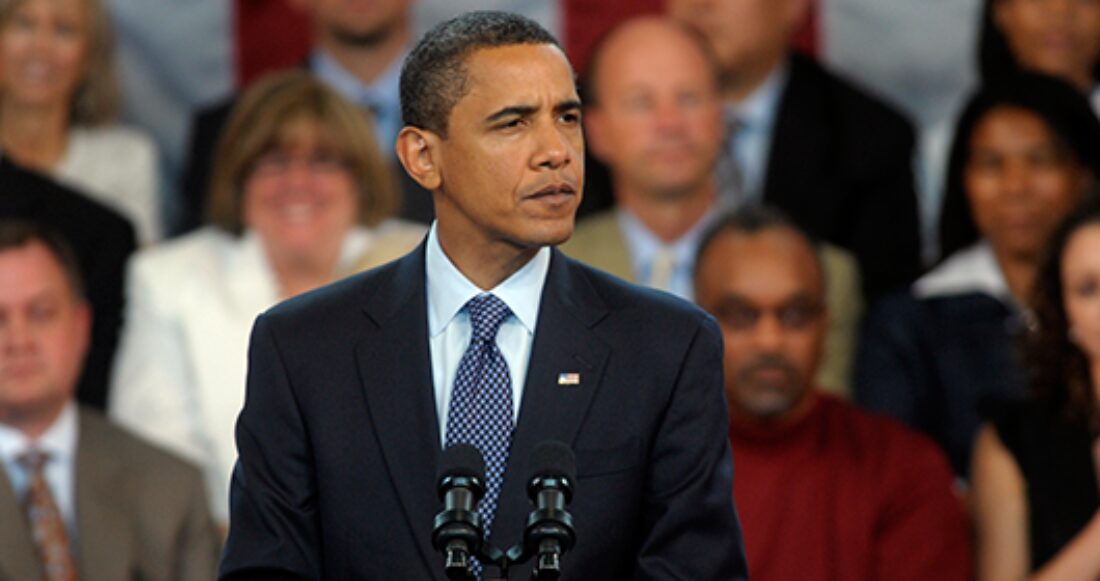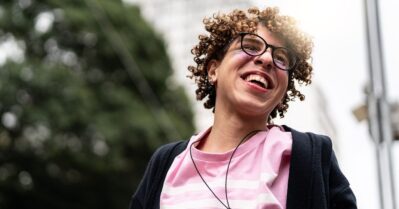President Obama Bans Solitary Confinement of Youth in Federal Prisons

The Casey Foundation has been working with a growing coalition in urging all facilities housing children to end the practice of solitary confinement because it can severely damage youth and inhibit their future success. President Obama’s decision this week to ban the practice of holding young people in solitary confinement in federal prisons makes significant progress in eliminating this inhumane practice for young people.
President Obama’s decision follows similar actions at the state level, where there is a movement to sharply limit or end the use of solitary confinement. With the Foundation’s support, state and local juvenile facility administrators have joined forces with a variety of organizations and advocates in a national campaign to end this practice for youth.
Solitary confinement “doesn’t make us safer,” President Obama wrote in The Washington Post. “It’s an affront to our common humanity.” The President cited research that solitary confinement has the potential to lead to devastating, lasting psychological consequences, including depression, alienation and suicide.
The Casey Foundation is dedicated to working with juvenile justice systems around the country to improve conditions in juvenile detention and corrections facilities and set standards that ensure that youth are safe. These standards strictly regulate and limit all forms of isolation. Specifically, they prohibit the use of room confinement for discipline, punishment, administrative convenience, retaliation, staffing shortages or reasons other than as temporary response to behavior that threatens immediate harm to a youth or others. The Casey Foundation’s resources and tools related to ending solitary confinement are free downloads and available to all facility administrators.
The promise of the juvenile justice system to help young people remake their lives cannot be realized if youth are exposed to harmful conditions such as solitary confinement. The Foundation believes that our justice system should hold youth accountable in ways that recognize young people’s capacity for change and match their developmental stage. It should offer services for youth that focus on opportunities, resources and coaching so that youth can develop the competencies they need to become productive adults.
President Obama called the United States a nation of second chances, but proclaimed that the experience of solitary confinement too often undercuts that second chance. “In America, we believe in redemption,” the President wrote. “We believe that when people make mistakes, they deserve the opportunity to remake their lives.”





